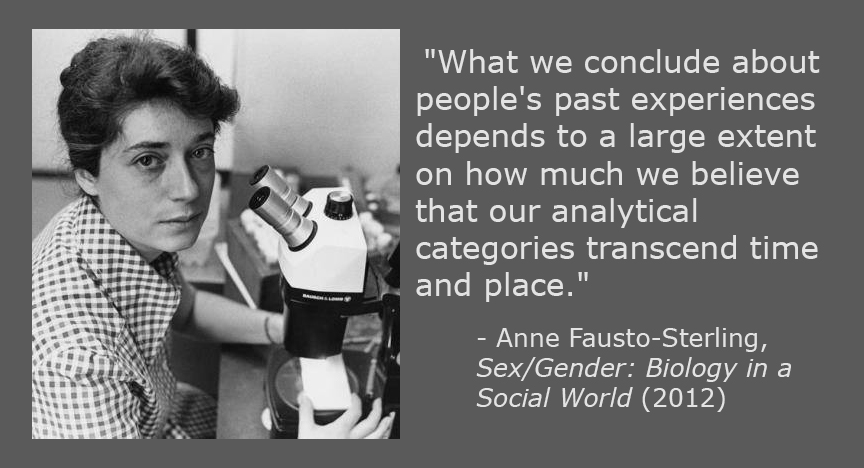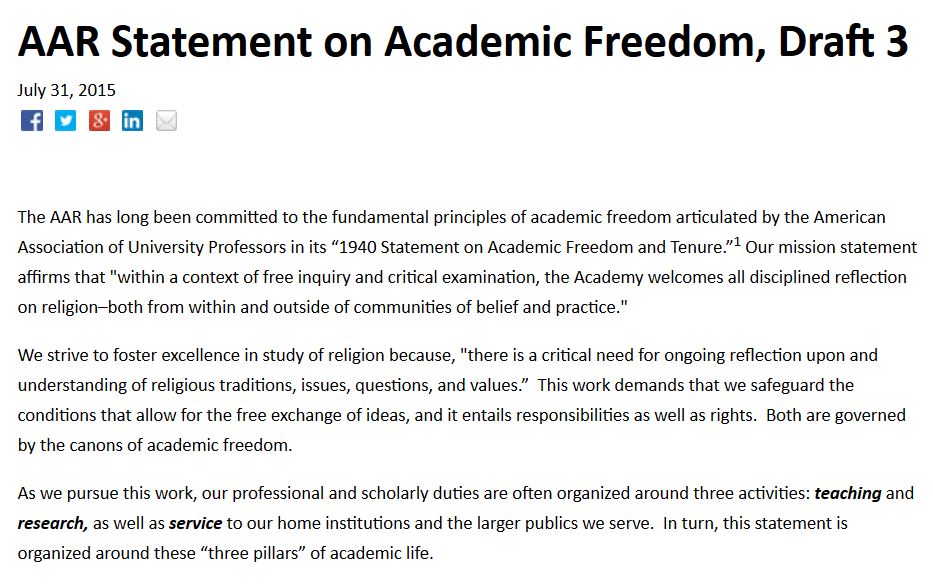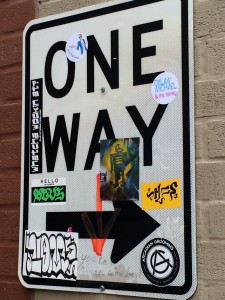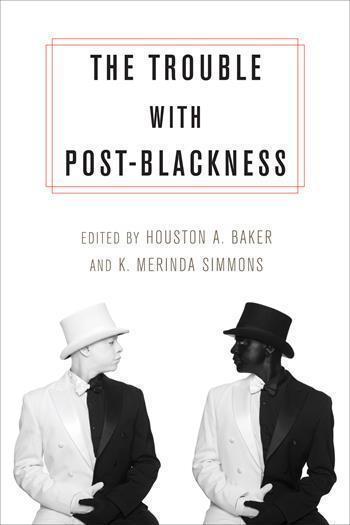I recently watched Ethan Hawke’s foray into documentary filmmaking, Seymour: An Introduction, about the great pianist Seymour Bernstein. While it’s characteristically Ethan Hawke-y in a way that made me think Julie Delphy would show up at any minute to play sounding board to Hawke’s musings, and while there’s a bit with a career-mystic that I could do without, I was charmed by Bernstein’s soft-spoken enthusiasm. There are also a few terrific stories along the way. Like this one:
This idea of getting more nervous as one grows in sophistication and talent got me thinking about the respective confidence or jitters with which we approach our profession as scholars. Continue reading ““You Will Get Nervous When You Learn…””




 Recently, the Board of Directors of the American Academy of Religion released a
Recently, the Board of Directors of the American Academy of Religion released a 
 Culture on the Edge member Merinda Simmons has recently published a co-edited volume with Houston Baker,
Culture on the Edge member Merinda Simmons has recently published a co-edited volume with Houston Baker, 
